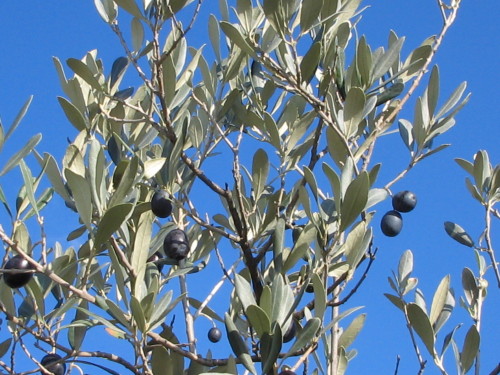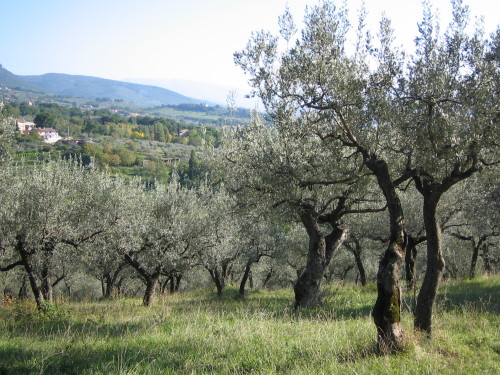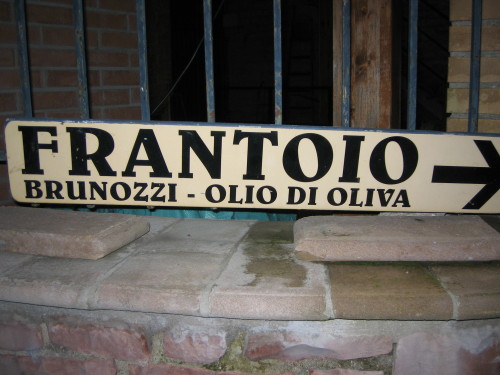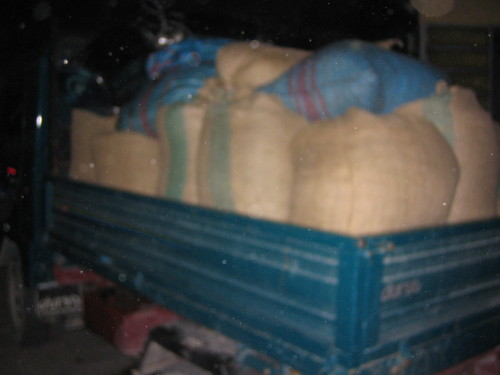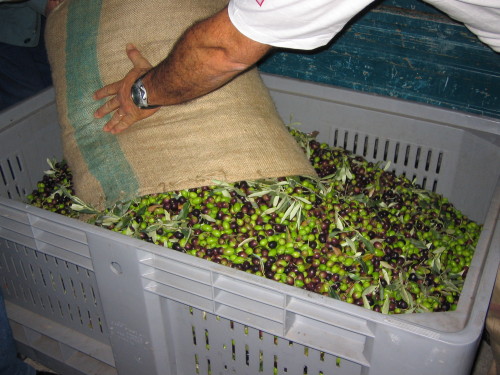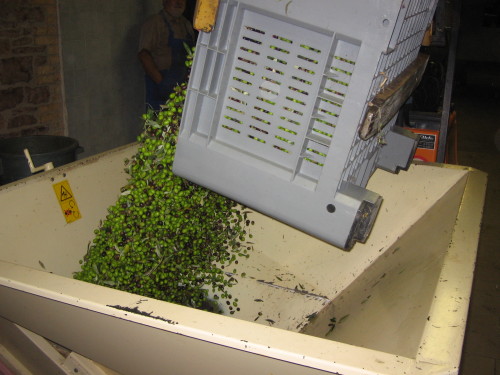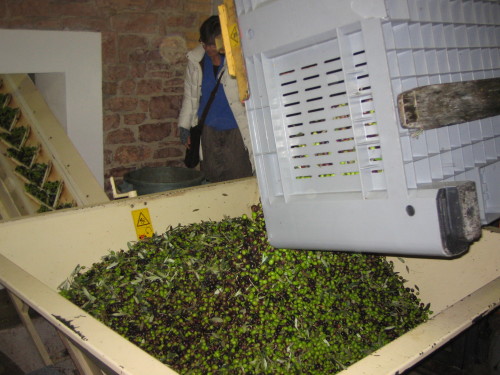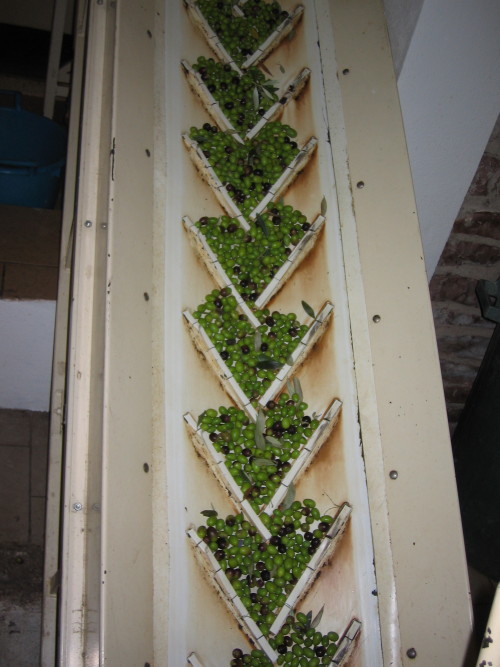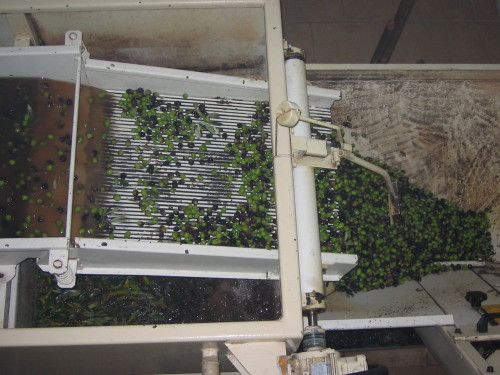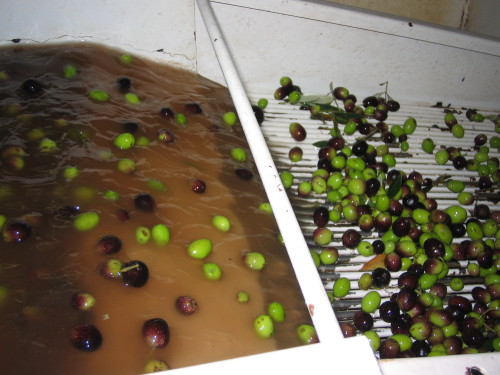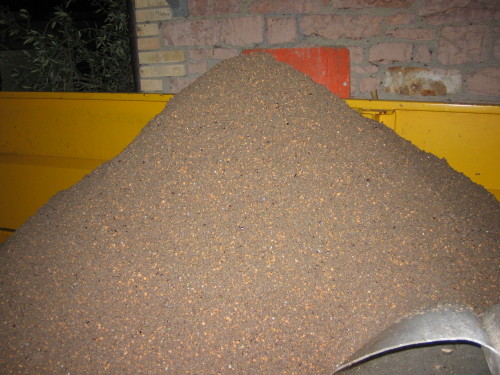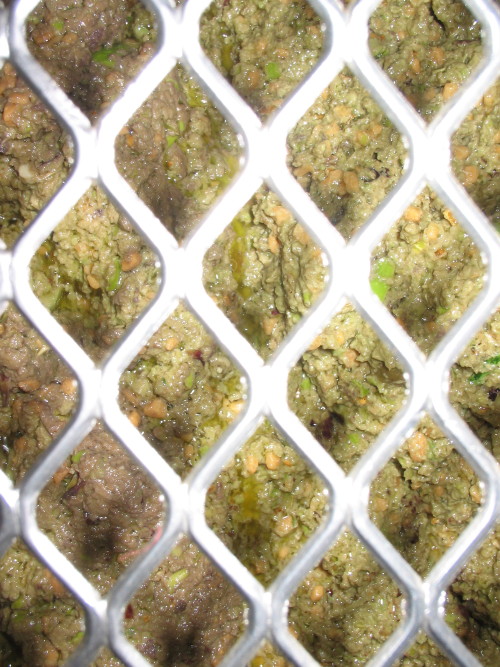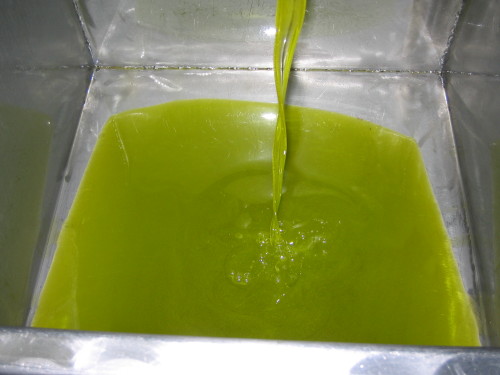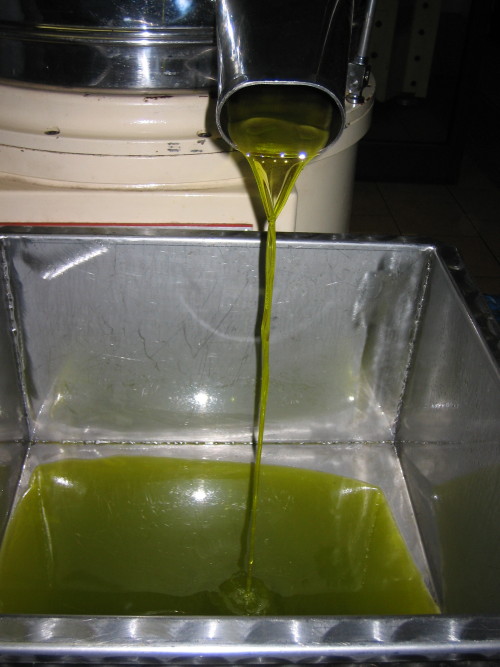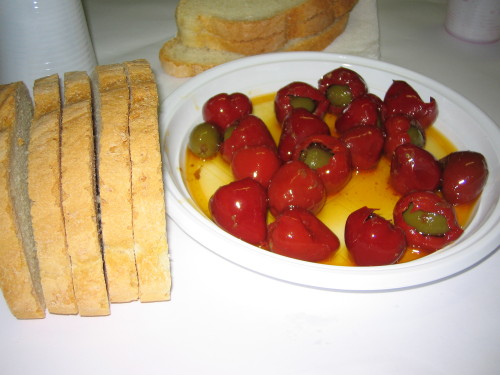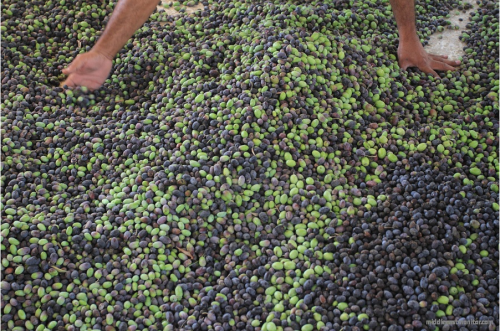#olive harvest
“My line of work involves lots of formalities, lots of coffee. But I’m showing Palestinians another face of Israelis beyond the army, maybe the only other one they see.”
Rabbi Yehiel Grenimann works for Rabbis for Human Rights (RHR) in the Department of Human Rights in the Occupied Territories. As head of the department, he oversees the annual olive harvest, where RHR is known for dispatching volunteers to act as human shields protecting the Palestinians from settler vandalism and assault. He is also involved in issues surrounding land rights, home demolitions, and the separation barrier. Beyond the territories, RHR is works across Israel in economic justice, human trafficking, access to education and health services, and rights for the stranger, the orphan, the widow, the Ethiopian, the single mother, the foreign worker.

RHR began in 1988 by David Forman, a reform rabbi who had marched with Martin Luther King and protested the Vietnam War. In the wake of the First Intifada, Forman joined with Conservative and Orthodox rabbis who felt the same need to fight for human rights not only in America, but also in Israel. They worried about the Israeli army using security as a justification for crossing moral lines.
Over twenty years later, the organization now claims 150 ordained rabbis and rabbinical students as members, branches in the UK and America, and full education, social justice, and legal departments. RHR runs educational seminars for schools, army groups, and politicians, interfaith projects, and a Human Rights Yeshiva, where students turn to traditional and modern Jewish texts to bear on questions of human rights.
It is an impressive organization, but meeting with Rabbi Grenimann raised several questions. Why Rabbis for Human Rights? Why not Jews for human rights or people for human rights? What are Jewish values, really? Jewish texts include all sorts of opposing arguments and values. When you can mine the texts according to your agenda, what does Jewish values really mean? Are Jewish values any different from human values? And why are only twelve out of the 150 affiliated rabbis orthodox? What does this say about Orthodox Judaism and maybe religious conservatism more broadly?
Rabbi Grenimann ended with a reminder, perhaps a case of preaching to the choir in a program called Tikkun Olam. “If Torah becomes an enclave for you and you’re a rabbi not expressing your opinion on morality, then you’re not doing your job. The Torah is about rights for human beings. Betselem elohim (in G-d’s image). All humans are equal before G-d. To me, that’s the reason that Jews are in the world. To be a light unto the nations. We must fight for these principles.”
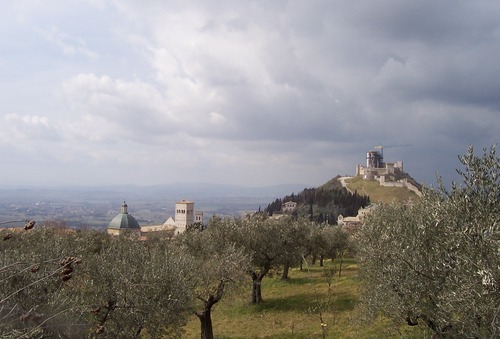
The olive tree is the signature feature defining Italian people, their sense of identity and their love of the earth and a fresh harvest.
November marks the especially festive occasion for the Italians when the local ‘frantaiero’ (olive farmer) harvests his crop, hauls it by truck to the mill (often on the site of his home) and – in a matter of hours– transforms the fruit into a shimmering liquid of stunning viscosity.
Olive trees are gnarly and hearty – among the heartiest horticultural specimens on the planet. They “are able to survive salt water, adapting itself to almost any sunny and temperate environment, able to thrive in most soils, retaining its leaves year round, and living in some cases more than a thousand years, occasionally bearing fruit for centuries.”
In Assisi, where I lived, they have preserved ancient trees that bore fruit when Francis of Assisi lived (1182-1226).
For thousands of years the olive tree has been the defining feature of all the major civilizations in the Mediterranean, including Greek, Roman, Etruscan. Olive trees are a source of food, medicinal ointments, and – of course, oil and its copious applications.
Today there are 500 different cultivars or varieties of olives. Italy remains the world’s second largest producer of extra virgin olive oil, with 35 different geographical denominations recognized by the European Union.
Gaza’s olive harvest season began today, as celebrated by the Ministry of Agriculture, according to a recent article on Middle East Monitor. As many as 80,000 families rely on olive harvesting as a means of livelihood, according to the United Nations Office for the Coordination of Humanitarian Affairs, occupied Palestinian territory 2012 Olive Harvest Fact-sheet.
Some other key facts on Palestine and its relationship to olive harvesting:
- Nearly half (48%) of the agricultural land in the occupied Palestinian territory (oPt; aka Gaza) is planted with 8 million olive trees; the vast majority are in the West Bank.
- The olive oil industry makes up 14% of the agricultural income for the oPt.
- In the West Bank, over 7,500 olive trees belonging to Palestinians were damaged or destroyed by Israeli settlers, between January and mid October 2012. Statistics for 2013 are yet unknown.
I’ve seen very few places in New York City that sell Palestinian olive oil products. However, Middle East Books, a shop that is part of Washington Report on Middle East Affairs, sells organic Palestinian olive oils and other Palestinian trade-fair items such as Za’atar, Couscous and beautiful hand-made pottery items. Check out their website by clicking here.
(Photo credit: Mohammed Asad/Middle East Monitor.com)
Post link

